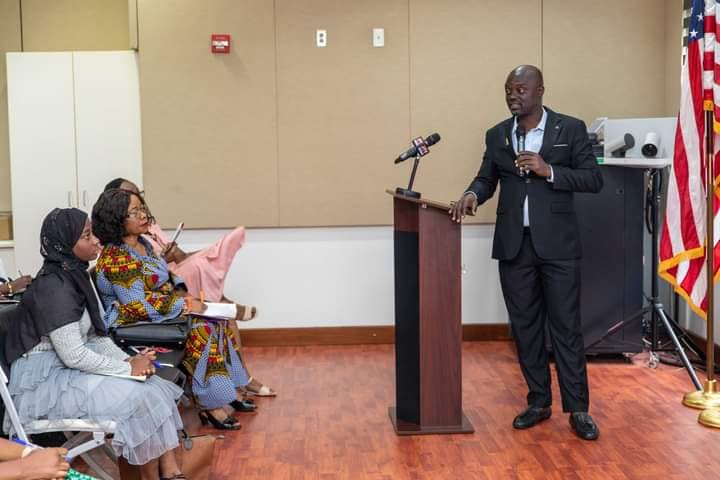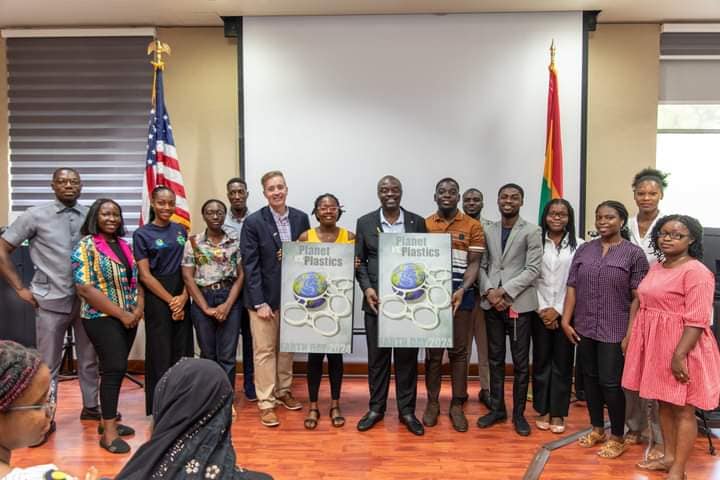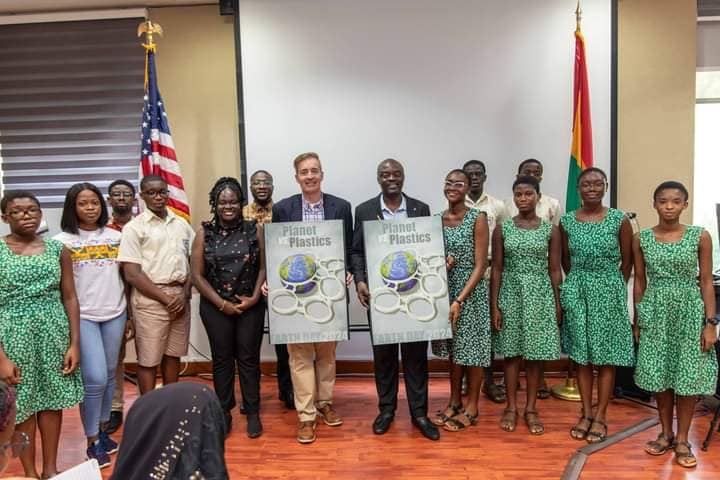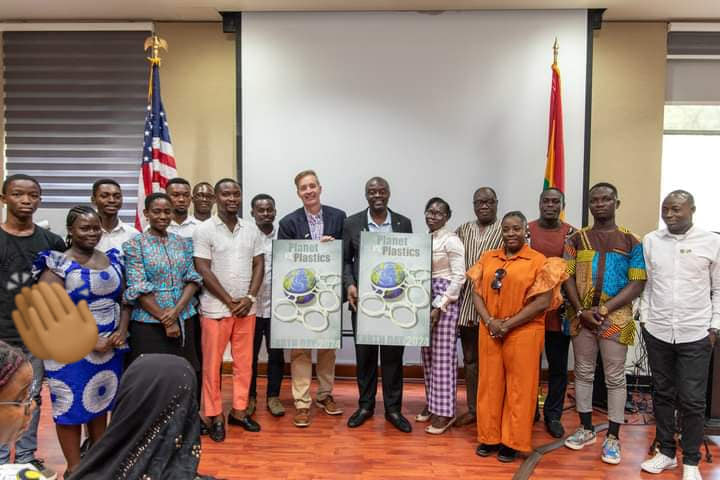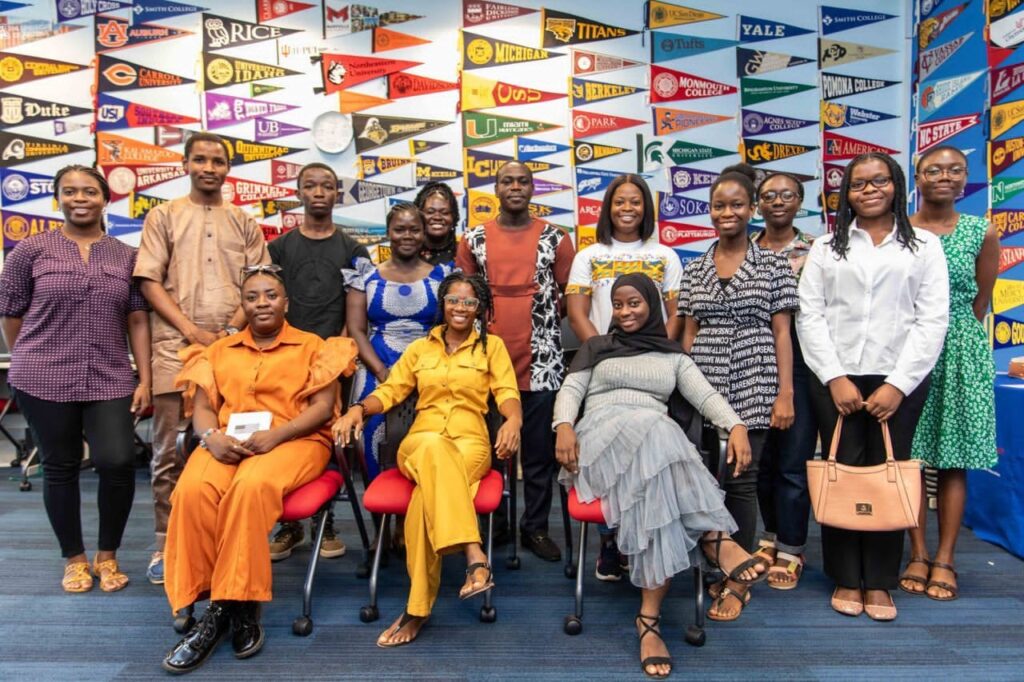At the heart of last year’s Earth Day commemoration at the U.S. Embassy in Accra was a sobering truth: Ghana’s environment is under siege. Environmental journalist Erastus Asare Donkor delivered a powerful message on the devastating toll of illegal mining, known as galamsey, and its ripple effects on water bodies, biodiversity, and human health. His plea emphasized that mercury pollution and deforestation are not just ecological issues, but matters of justice and survival, especially for women and children in vulnerable communities.
Erastus’ message was clear: environmental destruction isn’t solely an ecological issue– it’s a matter of justice. Communities closest to these mining sites suffer the most, especially women and children. Toxic chemicals like mercury used in small-scale mining not only harm the land but also seep into bodies, lives, and legacies.
The conversation resonated deeply with McKingtorch Africa’s vision of giving waste, and by extension the planet, a second life. While McKingtorch focuses on transforming plastic waste into purposeful products, the underlying mission remains consistent: creating sustainable, circular systems that protect both people and the planet. As illegal mining disrupts ecosystems and contaminates rivers, it reinforces the need for community-driven solutions that turn environmental crises into opportunities for change.
But there is hope. With awareness, collaboration, and bold alternatives, change is not only possible-it’s necessary.
The session was not only informative but also a call to action. It urged everyone to rethink our relationship with nature, hold industries accountable, and invest in alternatives that value both environmental and social equity. Whether it’s upcycling plastic waste or advocating against destructive mining practices, the message is clear: sustainability must be intentional.
Now it’s time to speak up. Act boldly. Join the movement. Start conversations in your community. Support sustainable local initiatives. Together, let’s push for policies and practices that protect our environment and uplift the people most affected by its degradation.
